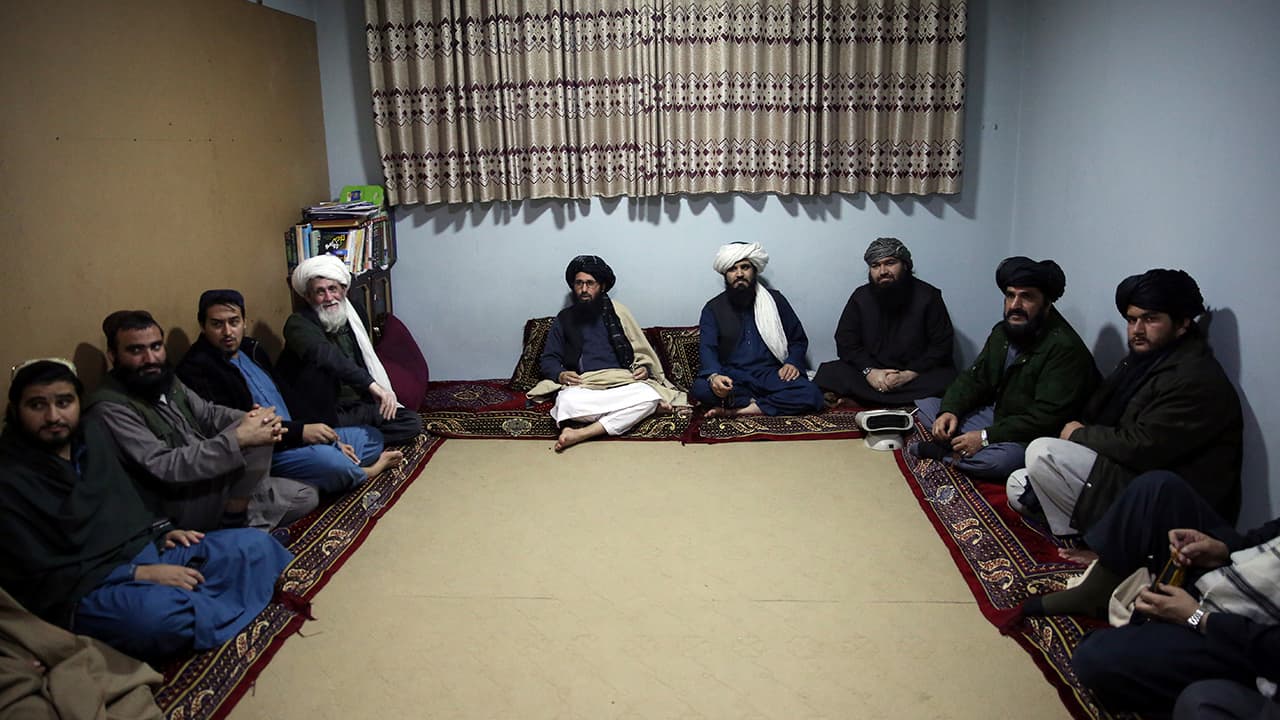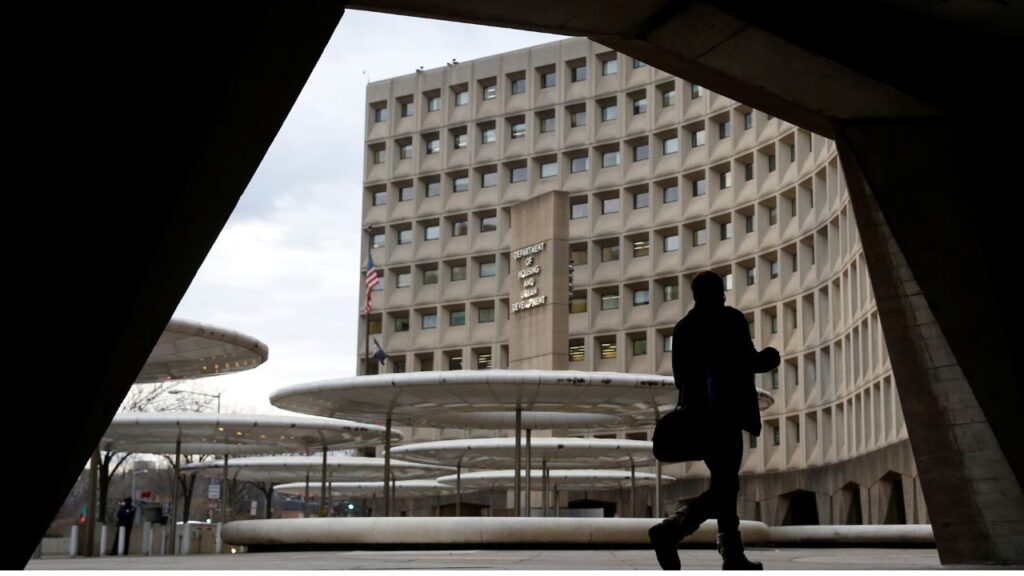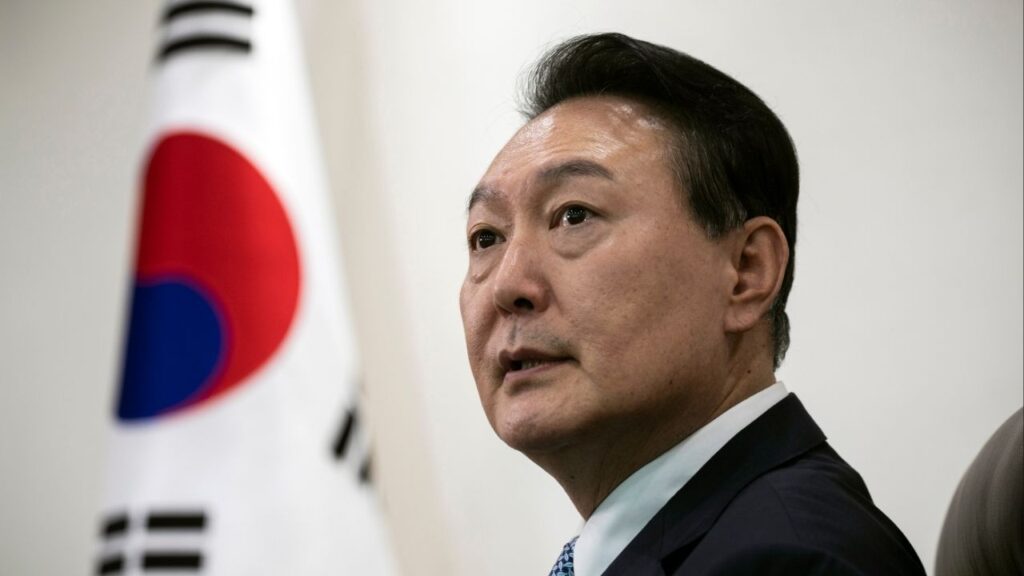Share
PUL-E-CHARKHI, Afghanistan — Thousands of Taliban prisoners jailed in Afghanistan as insurgents see a peace deal being hammered out between the United States and the Taliban as their ticket to freedom.
A list of about 5,000 Taliban prisoners has been given to the Americans and their release has been written into the agreement under discussion, said a Taliban official familiar with the on-again, off-again talks taking place in Qatar. He spoke on condition of anonymity because he was not authorized to speak to the media. U.S. and Afghan government officials have said a prisoner release is part of the negotiation.
But some analysts say freeing prisoners could undermine peace in Afghanistan.
“There’s a need for Afghan and U.S. officials to do their due diligence on any Taliban prisoners they’re planning to release, in order to minimize the likelihood that they’ll set free jihadists that can do destabilizing things and undercut a fledgling peace process,” warned Michael Kugelman, deputy director of the Asia Program at the U.S.-based Wilson Center.
The Associated Press interviewed more than a dozen Taliban prisoners inside the notorious Pul-e-Charkhi prison on the eastern edge of the capital, Kabul. Several of them were nostalgic for the Taliban’s Afghanistan, ruled by the mighty hand of their previous leader, the reclusive Mullah Mohammed Omar, who died several years ago.
But they also insisted that they accept it would not be the same now and that, though they still wanted what they call Islamic rule, they no longer call for some of their strict edicts, like the ban on education and on girls and women working.

Taliban Negotiators Have Taken a Similar Tone in the Talks
“We want women to be educated, become engineers, we want women to work in every department,” said one prisoner, Maulvi Niaz Mohammed, though he said the work must be “based on Islam.” He said young Afghans should not fear the Taliban, “it is they who will build our country and develop it.”
On Sunday, the Taliban ruling council agreed to a temporary cease-fire in Afghanistan, providing a window in which a peace agreement with the U.S. can be signed, Taliban officials said. They didn’t say when it would begin.
The Taliban have well-organized communication networks inside Afghan prisons that record the latest arrests, province by province, as well as who is sick and who has died. It all gets delivered to a prisoners’ commission, devoted to their release and headed by Mullah Nooruddin Turabi, who during the Taliban rule served as justice minister and the “virtue and vice” minister in charge of religious police.
During that time, he was widely feared. Turabi was known to personally enforce the movement’s dictates, snatching music tapes from taxi drivers disobeying a ban on music and television, and stalking offices and businesses to search for violators who trimmed their beard or missed one of the five daily calls to prayer. Once in 1996, just days after the Taliban took control of Kabul from warring mujahedeen groups, when the AP was interviewing a Taliban fighter, Turabi slapped the hulking, 6-foot-tall fighter in the face for talking with a foreign woman journalist.
The Prisoners Had Free Rein in a Room Where They Could Mingle
Built in the 1970s to house 5,000 prisoners, Pul-e-Charkhi now has 10,500 prisoners, according to the warden, Akhtar Noorzoi. They are packed in 11 cell blocks surrounded by turrets, guard towers and walls topped with razor wire.
The around 3,000 prisoners classified as Taliban are in their own block. The caution, even fear, felt by the guards and the administrators was unmistakable as they entered the Taliban’s cell block, protected by a phalanx of guards in armored vests and helmets, carrying bulky weapons that fire tear gas shells. Behind them on the dimly lit stairs were another half dozen guards, also in vests and helmets, automatic weapons at the ready.
The prisoners had free rein in a room where they could mingle, pray and study. The room was lined with small desks at which the Taliban sat on the carpeted floor in traditional style.
The AP interviewed the prisoners in a nearby room, unshackled and with no guards or administrators present. The prisoners decided among themselves who among them would be interviewed, without interference — at least none visible — from the administration.
Still, they spoke in whispers as they complained of maltreatment by guards, some of whom they said wanted revenge for personal losses blamed on Taliban attacks, while others fear a Taliban return.
Maulvi Niaz Mohammad emerged as the leader among the prisoners, although no one identified him as such. He was convicted to 15 years. During the Taliban rule, he served with Qari Ahmadullah, a Taliban intelligence commander who controlled much of northern Afghanistan.
He said barely 1,000 of the prisoners in the block are actually Taliban. The rest were accused of being sympathizers or members of the group, often to settle old scores; others were criminals.

Medicine and Medical Treatment Are Often Slow in Arriving
One, Noorullah, 34, was sentenced to 20 years for killing his wife. He said that in prison he’d found comfort with the Taliban and sees their rule as preferable to the current government — though under the Taliban, he likely would have been sentenced to public execution at the hands of a relative of his wife.
He said that sentence would have been better, since now his family fears revenge attacks by his wife’s relatives. “Why is it better now? I have to pay the judge, pay to the police, just so my family is not bothered.”
One Taliban prisoner who gave his name only as Maulvi Sahab, saying he feared reprisals, said Taliban prisoners were beaten and taunted by guards. Dozens of prisoners were still in prison even after their sentences have been completed, sometimes for one week, one for a year, he said.
Medicine and medical treatment are often slow in arriving when they are for Taliban prisoners, he said. Every concession the Taliban have won has come through protests — refusing to return to cells or comply with orders until eventually some of their demands are met, including the use of mobile phones, which he and several others had in their hands as they spoke.
The prison warden, Noorzoi, rejected the Taliban litany of complaints. He said they promptly receive medical treatment, have access to literacy classes, religious schools and even a gymnasium and are served meat at least three times a week. He said a hospital is under construction.
Treatment, he insisted, was “better than some of them would get in their villages.”
Violent Outbreaks Are Not Uncommon
Pul-e-Charkhi prison is Afghanistan’s most notorious, with a disturbing history of violence, mass executions and torture. Mass graves have been uncovered dating back to the purges carried out by Kabul’s Soviet Union-backed governments of the late 1970s and 1980s. Torture cells and underground holding areas have been unearthed.
“Torture, mistreatment that’s all a thing of the past,” said Najeeb Nangyal, the Interior Ministry’s director of media and public affairs.
Still, violent outbreaks are not uncommon.
In November, a riot broke out after authorities tried to confiscate cell phones and narcotics. When it ended, 16 prisoners were dead, many of them Taliban. The Taliban said they were targeted.
Analysts and even the United States’ own Special Inspector General for Afghanistan Reconstruction John F. Sopko said neither Afghanistan nor the U.S. is ready for the Taliban prisoners’ release.
Every past attempt at re-integration has been costly and a failure.
A report released in September — one of several “Lessons Learned” treatises done by Sopko’s team during America’s 18-year and $1 trillion involvement in Afghanistan — said Afghans on both sides of the conflict need to avoid the missteps of the past.
Sopko said Congress should consider funding reintegration only if a peace deal provides a framework for reintegrating ex-combatants, there is strong monitoring of the process and violence is dramatically reduced.
[activecampaign form=29]
Categories

Alysa Liu, Clovis-Born Olympian, Wins Gold in Figure Skating

A Lonely Baby Monkey Wins Hearts, and Even a Few Friends

















